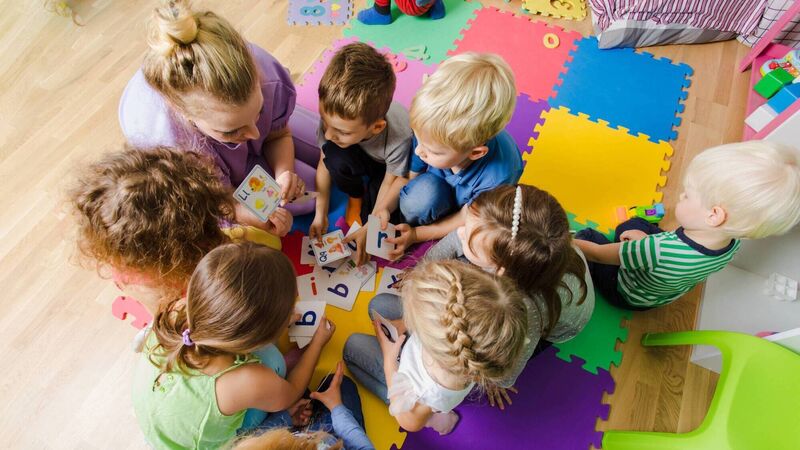Children of different backgrounds in Ireland show developmental gap from age of three, study finds

When it came to their education and cognitive development, the researchers pointed to a “socio-economic gap” in children as young as three. File photo
A gap in developmental and academic outcomes for children from different backgrounds in Ireland is visible “as early as age three and widens through the school years,” a major new study has found.
Researchers at UCD said that to overcome these disadvantages, the Government must invest in social infrastructure such as safer neighbourhoods, accessible sports facilities, and affordable childcare.













